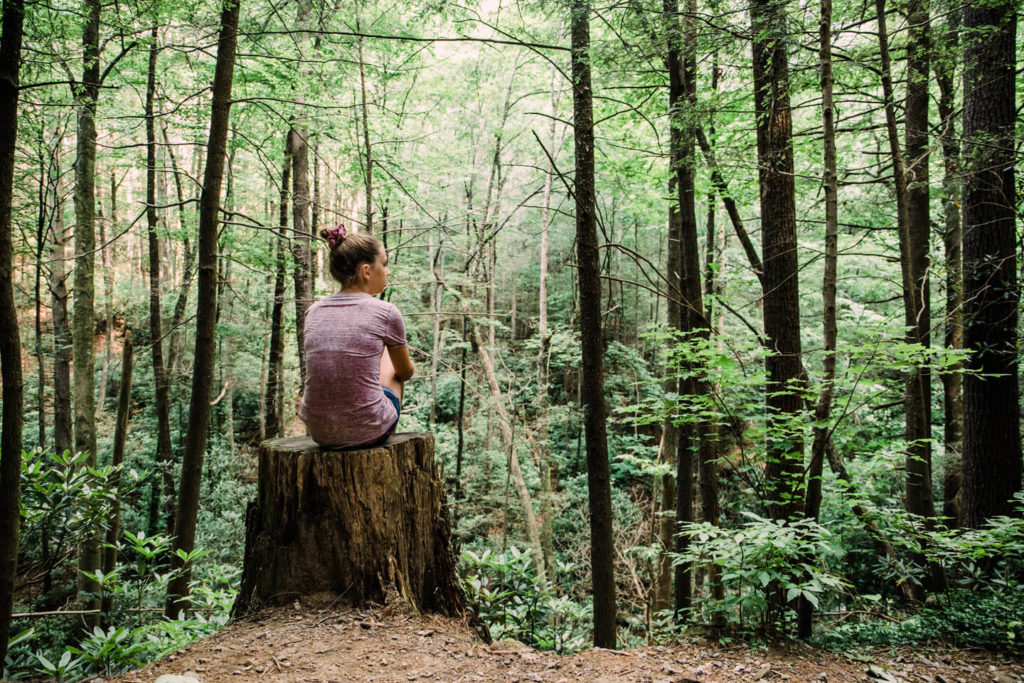Outdoor education could be a key factor in supporting the UK’s current child mental health crisis. Recent studies have illustrated that outdoor environments provide stress relief, remove children from classroom norms and increase serotonin levels. These factors have a beneficial effect on child mental health in education.
Research carried about over the past year has illustrated that there is an acute child mental health crisis in the UK, which continues to worsen. Responses to Freedom of Information requests illustrates that referrals to child mental health units from UK primary schools have soared, rising nearly 50% in three years. It also finds that pupils have spent more than a year on a waiting list for mental health services at 12 different trusts.
The responses highlight a strong increase year on year on troublesome behaviour such as children headbutting, punching and kicking walls. Some schools have even found students as young as 7 self-harming and pupils struggling with online bullying and eating disorders before they even reach secondary school. With such alarming findings, it’s clear that something needs to be done. The government states they are determined to make a change and improve mental health support for children through the NHS Long Term Plan. This means that by 2023, 340,000 more young people will have access to specialist mental health care. 2023 is still four years away, and processes need modification in order to bridge the gap and provide mental health support amid this health crisis. This is where outdoor education comes in.
Outdoor Education
The World Health Organisation finds that children raised with exposure to green space are as much as 55% less likely to develop mental health problems such as substance abuse, stress-related illnesses and eating disorders. Outdoor education is therefore key during the child mental health crisis in the UK. The study suggest that greener neighbourhoods and outdoor education reduce stress, encourage exercise and boost the learning process.

With increased outdoor activity, serotonin is increased. This hormone produces feelings of well-being, happiness and safety. Outdoor education plays an integral part in increasing these chemicals in the brain, which acts as a hormonal stress buster. Learning outdoors and carrying out activities such as rock-climbing and water rafting pushes oneself in challenging circumstances. Researcher Jim Zuberbuhler states that this self-reliance and dependence increases child confidence, and they will carry this through to their school and home lives. During team-based activities as part of outdoor education, children’s classroom norms are shaken. This supports with identity development. Quieter children may find their voices and nervous children may find a strength that surprises them.
Issues surrounding mental health are far from simple, but it is evident that outdoor education is key to supporting the child mental health crisis. Our Wilderness Experiences deliver outdoor education for children and young people in our care. This form of alternative education is offered alongside outdoor activities such as kayaking, climbing and swimming. If you have any questions relating to our Wilderness Experiences, please contact us at referrals@awwltd.com.
You can also find out more about the benefits of outdoor education in our blog post ‘Why Outdoor Education is Crucial to Child Development‘.
